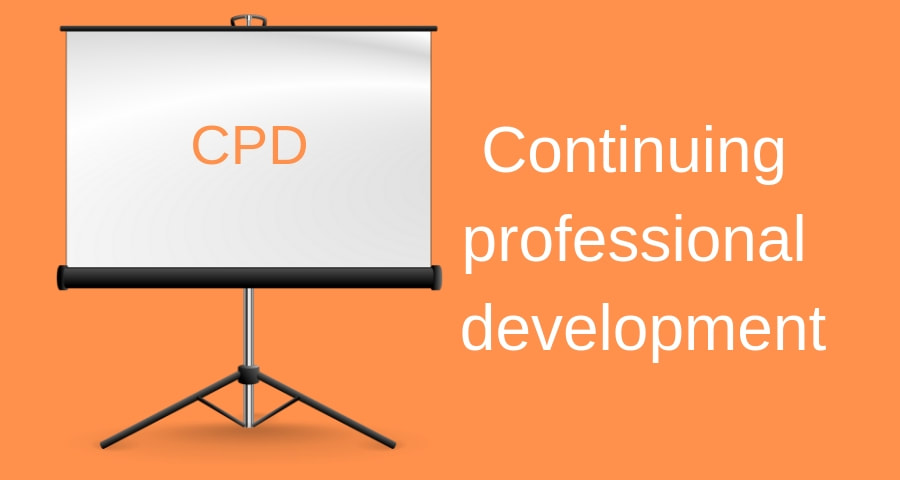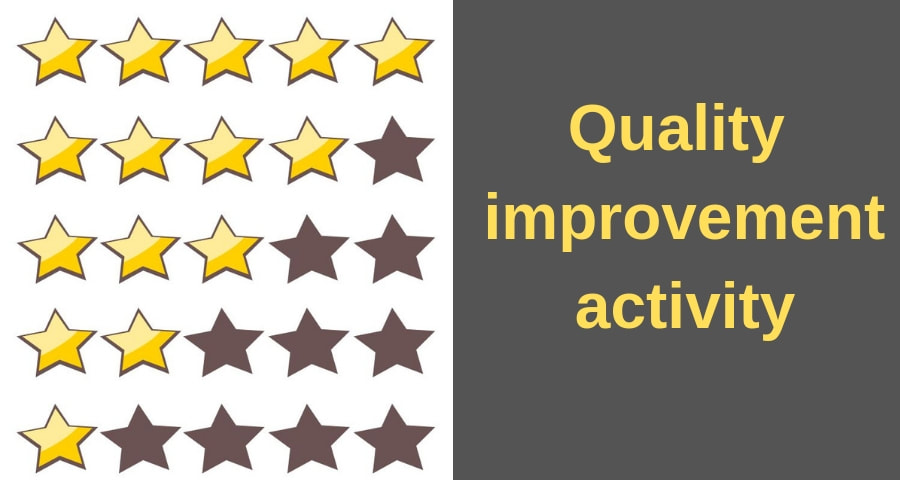|
The GMC says:
|
"You must declare and reflect on all formal complaints made about you at your appraisal for revalidation.
You should also reflect upon any complaints you receive outside of formal complaints procedures, where these provide useful learning. You do not have to discuss every complaint at your appraisal. You should select those that evidence your insight and learning into your practice, and those that have caused you to make a change to your practice. You must be able to explain to your appraiser, if asked, why you have chosen these complaints over others as part of your appraisal discussion. At your appraisal you should discuss your insight and learning from the complaints, and demonstrate how you have reflected on your practice and what changes you have made or intend to make. You should follow the same principles for collecting, discussing and reflecting on compliments." |
You need only list compliments and complaints, then you can reflect on them orally during the appraisal discussion.
How do I anonymise compliments?
"You should include a reflective note, rather than original material, in your submitted appraisal portfolio, due to the difficulties with anonymising data, and keep any original cards or letters, if you wish, securely in a paper portfolio.
Such original data, if shared with your appraiser, can be referenced in the appraisal summary to preserve the anonymity of the sender without defacing the source material."
Such original data, if shared with your appraiser, can be referenced in the appraisal summary to preserve the anonymity of the sender without defacing the source material."
How do I anonymise complaint documents?
"All relevant data included in the appraisal and revalidation portfolio should be anonymised to remove any third-party identifiable information.
For this reason, although your reflection on any complaint should always form part of your appraisal portfolio, specific original supporting information relating to complaints should be shared with your appraiser separately, and discussed at appraisal so that your appraiser can comment on it in the appraisal summary."
For this reason, although your reflection on any complaint should always form part of your appraisal portfolio, specific original supporting information relating to complaints should be shared with your appraiser separately, and discussed at appraisal so that your appraiser can comment on it in the appraisal summary."
learn from the complaints and compliments
Complaints should be seen as another type of feedback, allowing doctors and organisations to review and further develop their practice and to make patient-centred improvements.
Complaints and Investigations – Soft Skills for Doctors and Investigators to Bear in Mind (Dr Andrew Tressider, January 2021)
|
Key documents
|
GMP Framework for appraisal and revalidation (GMC, 2013)
Guidance on supporting information for appraisal and revalidation (GMC, revised November 2020) or go to the on-line version
Good medical practice (GMC, 29 April 2019)
Medical Appraisal Guide 2022 (Academy of Medical Royal Colleges, June 2022)
|








